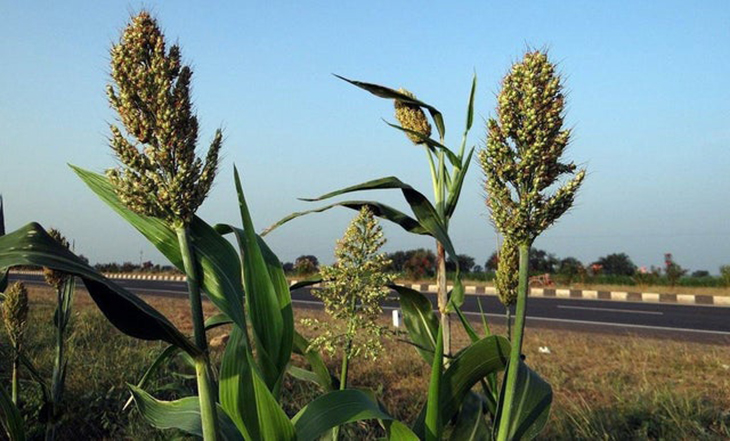
Climate change has been an issue for the past 40 years, although it has only truly gotten the attention it deserves in more recent years.
With extreme weather everywhere that includes intense flooding and major draught, in order for the world to survive, new measures are definitely needed. What has been discovered is a huge problem-solver that doesn’t require irrigation, needs no pesticides, and happens to only require a third of the fertilizer that wheat needs.
This incredible grain is called sorghum, which many farmers in the country of France have been growing, which has proved to be strong and healthy despite other grains fields baking and withering underneath the crazy, excessively hot sun that’s been causing the worst heat waves across the globe that the world has ever seen. Sorghum is also called great millet, and is a cereal grain plant that belongs to the grass family Poaceae.
Considering that earning from farming depends on the input costs, for sorghum farmer in France, Eudes Coutte, he only expects to harvest 3 to 4 tons of produce per hectare due to the ongoing drought conditions, as compared to their usual 5 to 6 tons they produce under the usual weather conditions. But for Coutte, he believes that because he doesn’t need to pay for the additional costs for pesticides, irrigation, and fertilizer for his crop, he actually holds a competitive advantage that other farmers don’t have while growing regular produce.
Between the years of 2016 to 2021, the production of this amazing gluten-free grain has increased by almost 100%, from 270k metric tons to 440k metric tons. It is often ground into a gluten-free flour, or also sold as grains that can be cooked the same way you would cook lentils.
Such grains like amaranth and sorghum were more popular in niche markets that, but with their increase in popularity and availability on the market despite the rising summer temperatures across Europe, they may just become standard issue grains that you’ll be able to find everywhere. Statistics also share that the European corn production fell by 10% last year, and an overall of 15% over the past five years. Wheat production also went down by 1% year after year, and 5% overall for the last 5 years.
Although many other grains in the world are also able to tolerate these difficult types of drought conditions, the future of agriculture may still be highly affected by how much they are able to produce during these times of drought.
You can see more about sorghum as explained by Coutte in the video below.
What are your thoughts? Please comment below and share this news!
True Activist / Report a typo


